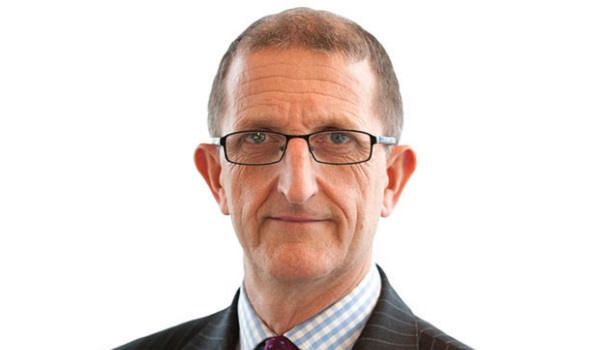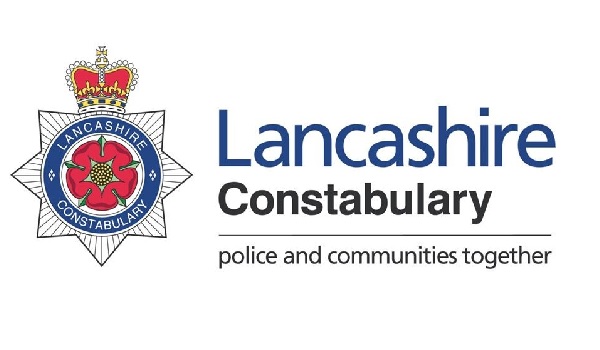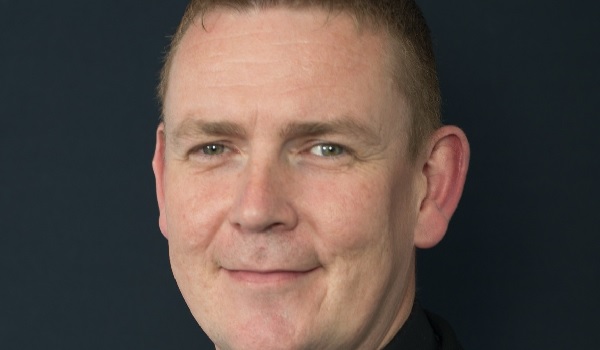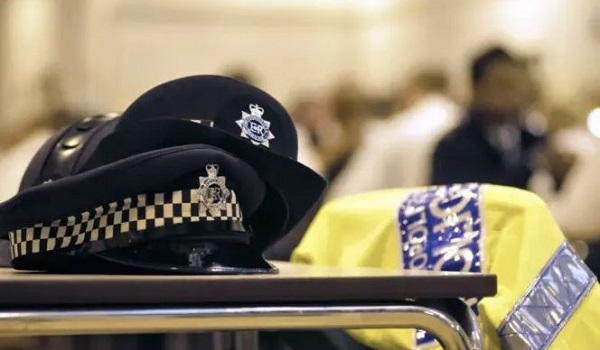Criminal justice system 'failing' the disabled
Disabled people facing trial are being “failed” by the criminal justice system, the Equality and Human Rights Commission (EHRC) has warned.
In a report published today (June 11), the EHRC found that those with learning disabilities, autism and brain injuries have been left “bewildered” by the system as they are not being provided with the adjustments needed to ensure they can properly participate in the legal process.
The report further found there is an overrepresentation of people with learning disabilities and mental health issues within the system that the Government has failed to document, that those accused aren’t routinely provided with adjustments they need to participate in the justice process, and that too many legal professionals do not have adequate training to appropriately deal with impairments.
Highlighting that increased digitalisation of the system, such as the use of video hearings to conduct trials during the coronavirus pandemic, further threatens disabled people’s access to justice.
The use of such technology has been found to “significantly hinder” communication and understanding for people with disabilities, leaving them even less able to understand what is happening, and communicate, than when they are participating in person.
David Isaac, chair of the EHRC, said urgent reforms need to be introduced.
“A non-discriminatory criminal justice system, that everyone can participate in, underpins our society. It stands for democracy, equality and the rule of law,” he said.
“It should give us all the chance of a fair trial, no matter who we are. But disabled people often face barriers to understanding their situation and making themselves properly understood to others.
“This can result in them feeling bewildered by the system and treated unfairly, which puts their right to a fair trial at risk.”
Mr Isaac added: “The UK and Scottish Government need to make it a priority to understand the needs of disabled people in the system, giving serious consideration to our findings and recommendations, and commit to making our criminal justice systems fair for all.”
The EHRC also wants the Ministry of Justice to halt further reforms of the system until they have established a “clear evidence base” of the barriers facing disabled people.
There should also be “early and effective screening” to ensure people with disabilities are identified sooner.
Responding to the report, a spokesperson for HM Courts and Tribunal Service said: “We work closely with disability groups to ensure we have reduced the barriers that disabled people may face throughout justice system.
“This includes identifying people who have mental health, learning disabilities, substance misuse or other vulnerabilities at the earliest opportunity, and providing intermediaries to help with remote hearings.
“We welcome the EHRC’s report and look forward to engaging with them to help improve our provisions further.”







